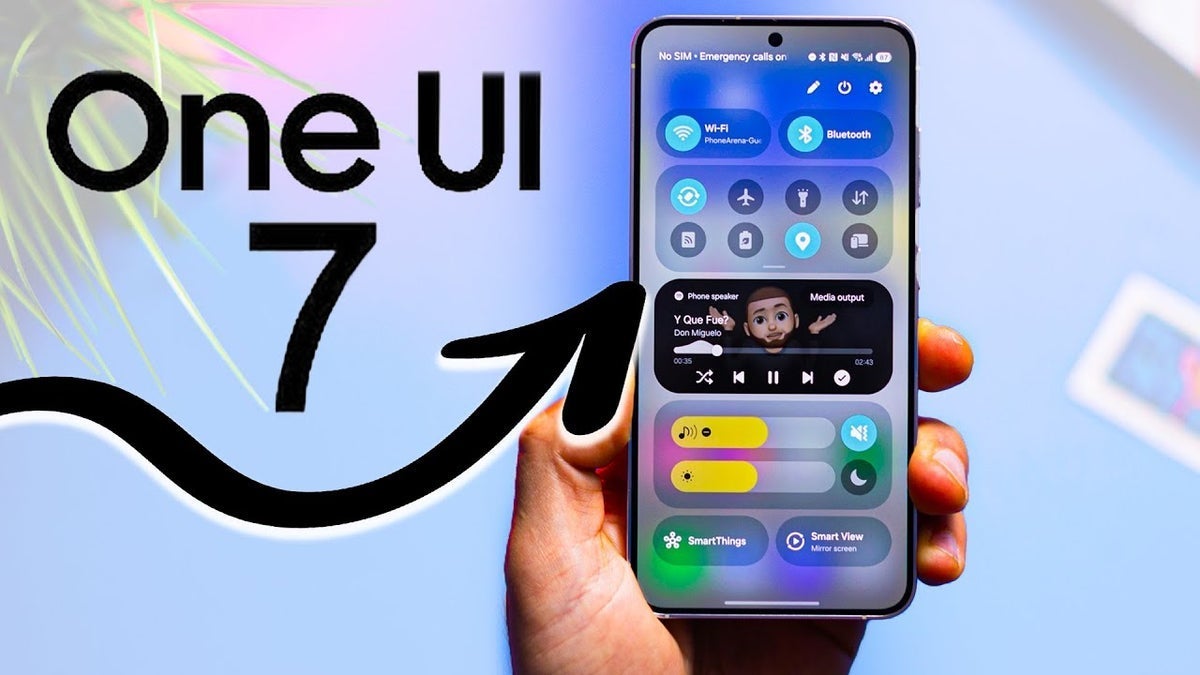A federal judge ruled Thursday that Google illegally acquired and maintained a monopoly over advertising technology, the second time in less than a year that the tech giant has been found in violation of antitrust laws.
U.S. District Judge Leonie Brinkema found that Google has a monopoly over two separate markets in the ad tech space, which helps connect publishers selling ad space online to advertisers.
“Plaintiffs have proven that Google has willfully engaged in a series of anticompetitive acts to acquire and maintain monopoly power in the publisher ad server and ad exchange markets for open-web display advertising,” Brinkema wrote Thursday.
“For over a decade, Google has tied its publisher ad server and ad exchange together through contractual policies and technological integration, which enabled the company to establish and protect its monopoly power in these two markets,” she continued.
The ruling is another major blow for Google, after a separate federal judge ruled in August that the company had a monopoly over online search.
Google is set to head to court next week in the search case to argue against the Department of Justice’s (DOJ) proposal that it be forced to divest from its Chrome browser.
The DOJ and Google argued the ad tech case over a span of two weeks in September, just one month after the landmark antitrust ruling against the tech giant.
The government contended that Google had a monopoly over three distinct markets in the ad tech space: one market for publishers, another market for advertisers and a third to connect the two sides.
It accused Google of using acquisitions and tying products together to eliminate competition and shore up its dominance over online advertising.
Google argued there was one, unified market for ad tech that extended beyond online ads to include those on apps, social media and connected television. In this market, the tech firm emphasized that it faces competition from Microsoft, Meta, Amazon and TikTok.
Brinkema largely sided with the DOJ on the layout of markets in the ad tech space, finding a publisher market and an ad exchange market connecting publishers and advertisers.
Google has a monopoly over both markets, the judge ruled, pointing to the tech giant’s dominance in both.
She also cited Google’s ability to “degrade” certain features for publishers without fearing it would lose customers, as well as its ability to charge “supracompetitive” prices for its ad exchange service.
By tying its publisher and ad exchange products together, she said, Google made premiere access to its vast ad demand — amassed through its dominance in search — contingent on the use of its other products.
This tie made it difficult for rivals to compete and violated antitrust laws, Brinkema said. She also found that the company instituted anticompetitive policies to further entrench its monopoly.
Google declared a partial victory Thursday, saying it “won half of this case and we will appeal the other half.”
Brinkema sided with Google in finding there is no separate advertiser market for online ads and determining the company’s 2008 acquisition of DoubleClick and 2011 acquisition of Admeld were not anticompetitive.
“The Court found that our advertiser tools and our acquisitions, such as DoubleClick, don’t harm competition,” Lee-Anne Mulholland, Google’s vice president of regulatory affairs, said in a statement.
“We disagree with the Court’s decision regarding our publisher tools,” Mulholland added. “Publishers have many options and they choose Google because our ad tech tools are simple, affordable and effective.”
— Updated at 12:28 p.m. EDT








